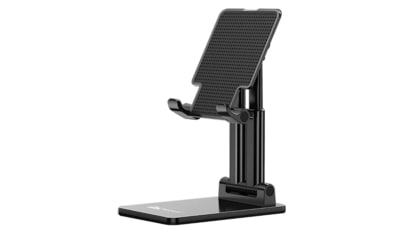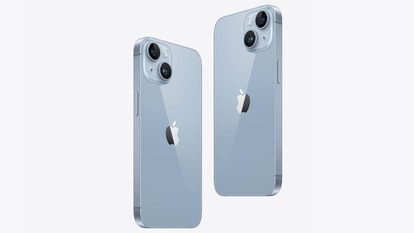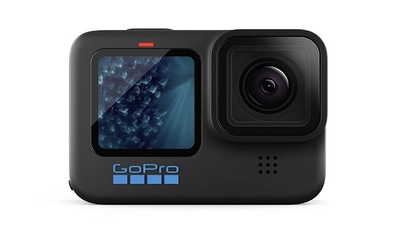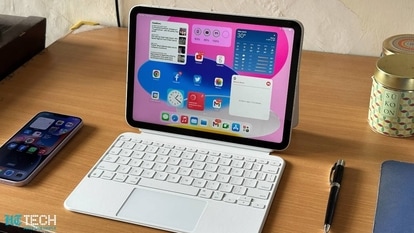Robots turn off Japan's elderly
High-tech gadgets and robotic helpers created to help Japan's aging population have not found favour with their users.
Ifbot, the resident robot at a Japanese nursing home, can converse, sing, express emotions and give trivia quizzes to seniors to help with their mental agility.
Yet the pale-green gizmo has spent much of the past two years languishing in a corner alone.
'The residents liked ifbot for about a month before they lost interest,' said Yasuko Sawada, director of the facility in Kyoto, western Japan, shaking her head as she contemplated the ¥495,000 ($4,300), 18-inch-tall 'communication robot'.
'Stuffed animals are more popular,' she remarked dryly.
High-tech gadgets and futuristic robots which Japan had hoped might lend a hand when the population turns grey haven't caught on with the elderly, who according to forecasts will make up around 40 percent of the population by the middle of the century.
'Most (elderly) people are not interested in robots. They see robots as overly-complicated and unpractical. They want to be able to get around their house, take a bath, get to the toilet and that's about it,' said Ruth Campbell, a geriatric social worker at the University of Tokyo.
Japanese manufacturers have learned the hard way that the elderly want everyday products adapted to their needs - easy to read for those with poor eyesight, big buttons for people with trembling hands and clear audio for the hard of hearing.
Among the most high-profile failures was Hopis, a furry pink dog-like robot capable of monitoring blood sugar, blood pressure and body temperature.
Faced with poor sales, its manufacturer Sanyo stopped production of the robot dog and instead focused on utilitarian devices for the elderly such as height-adjustable countertops and phones with jumbo-sized keys.
Not all high-tech products aimed at seniors have disappeared, though many are hardly blockbusters.
Kitchenware maker Zojirushi Corp. offers the i-pot, an electric kettle equipped with a radio transmitter that sends e-mail twice a day to relatives to let them know if Grandma has made tea. Some 3,300 of the devices are in use across Japan.
Secom Co.'s My Spoon, an automatic feeding device for those whose hands are too shaky to eat on their own, is available in Japan and the Netherlands. 200 have been sold, including 150 in Japan, since it first went on the market in 2002.
High production costs and difficulty of use make it hard to sell specialty electronics to seniors, according to Mieko Ohsuga, a bio-medical engineer specializing in geriatrics at Osaka Institute of Technology.
'When talking about how to market more complex products, we keep coming up against the same problems,' she said. 'They are costly to create, require supervision to use, and in the end the manpower issue is not solved. We can see things work, but who is going to pay the expense?'
It won't be the elderly themselves, at least for now.
'They just want simpler phones and tools,' said Dr Kanao Tsuji, a geriatrician with Life Care System, a home visit health care provider.
Catch all the Latest Tech News, Mobile News, Laptop News, Gaming news, Wearables News , How To News, also keep up with us on Whatsapp channel,Twitter, Facebook, Google News, and Instagram. For our latest videos, subscribe to our YouTube channel.


























